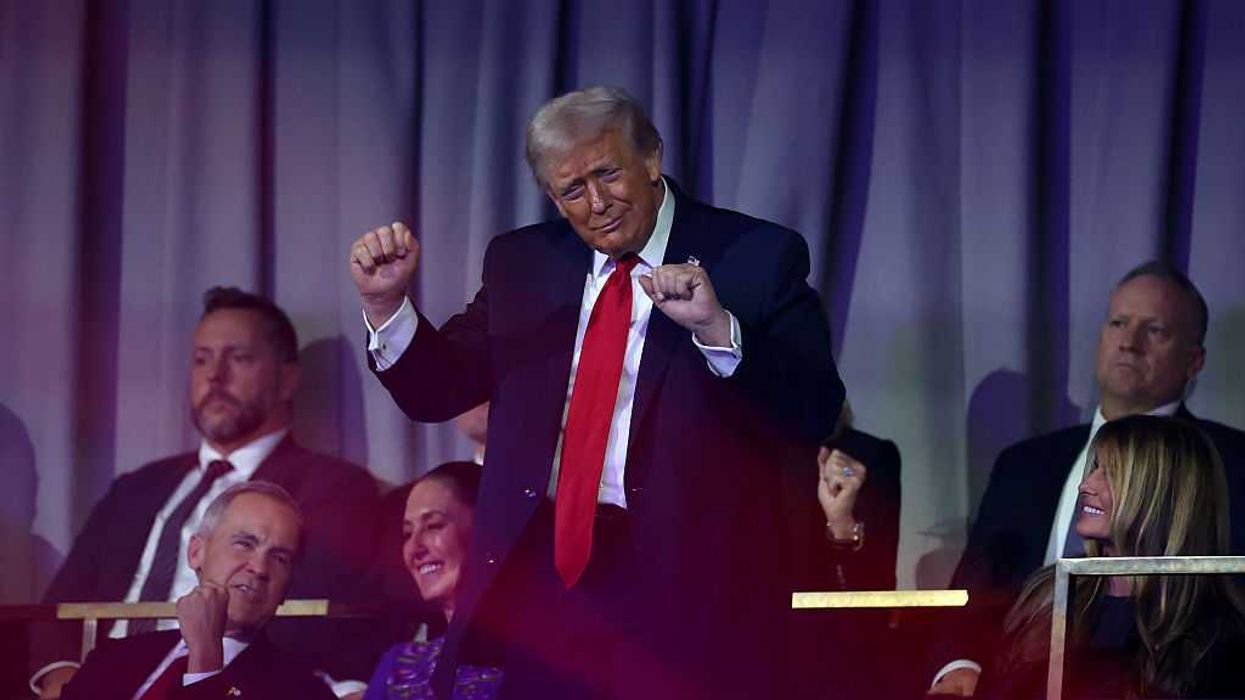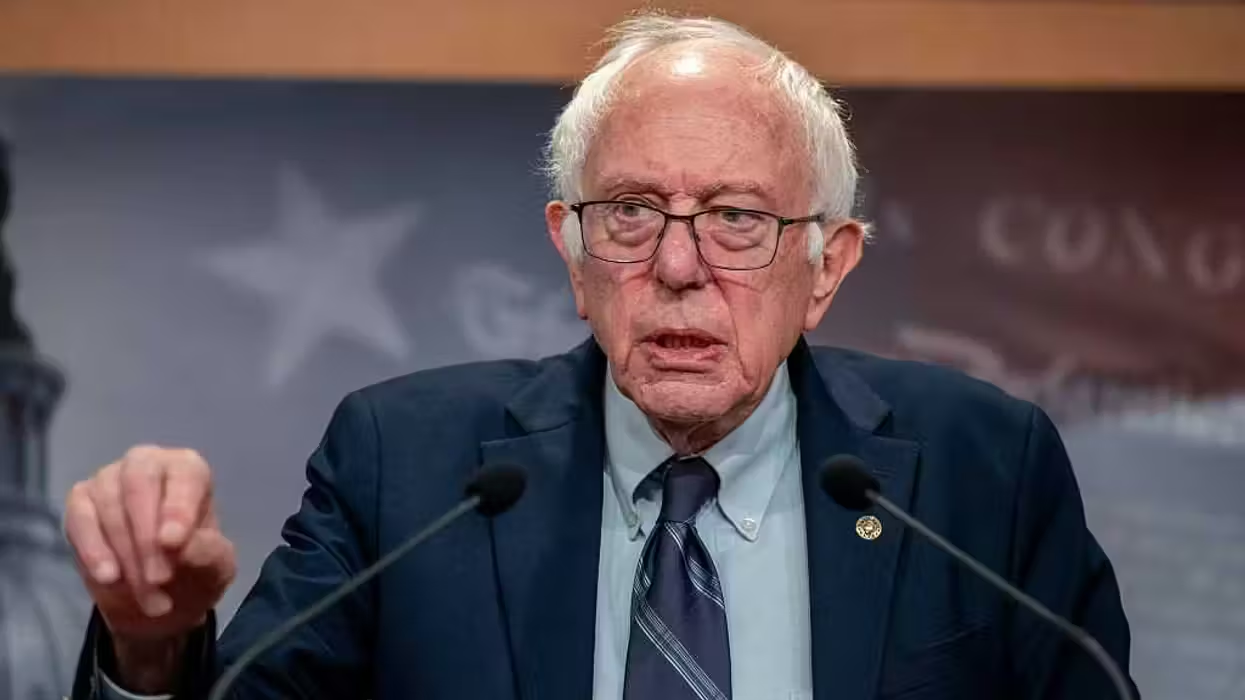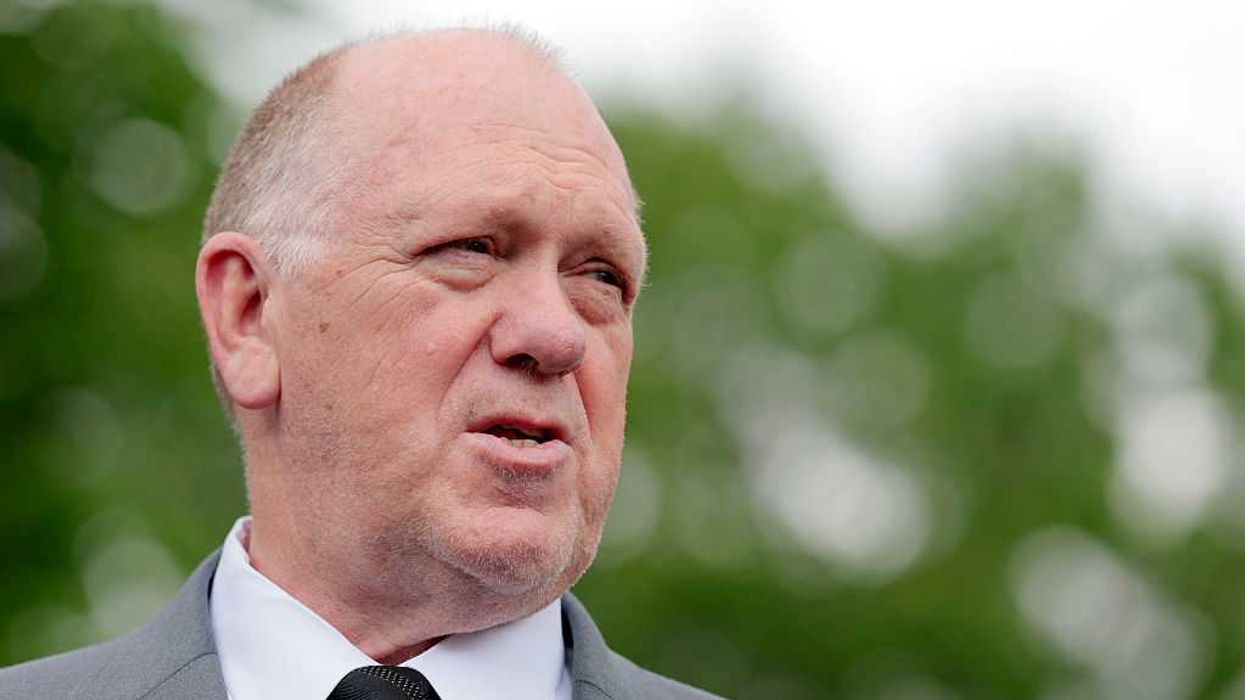
© 2025 Blaze Media LLC. All rights reserved.
Government's 'toilet exchange' grant program gets flushed by the House
July 11, 2014
The House late Thursday voted to stop the federal government from offering grants to encourage the installation of water-efficient toilets around the country.
Rep. Paul Gosar (R-Ariz.) proposed language defunding the program for fiscal year 2015, and offered it as an amendment to the 2015 energy and water projects bill. The House easily approved it in a voice vote Thursday night.

Gosar called the federal toilet exchange program "cash for crappers," and said the government shouldn't be subsidizing these sorts of projects in light of the $17.5 trillion national debt.
"With an out of control debt and no end in sight, it is beyond crazy to have the federal government continuing to subsidize unnecessary and wasteful projects," he said. "My commonsense amendment saves taxpayer money and gets the federal government out of the business of subsidizing expensive toilet exchanges that yield highly questionable returns."
The program is run out of the Bureau of Reclamation in the Department of the Interior. According to Gosar, nearly $2 million worth of grants have been provided by the Bureau since 2005, including $200,000 to San Francisco and more than $300,000 each for Texas and California in 2011.
He added that the Bureau has already helped subsidize a $1 million project for toilet upgrades in California.
"If toilet exchange programs were as efficient as the EPA and Bureau of Reclamation claim, then such products would save so much money and water over time that they would sell themselves in the private market and wouldn't need taxpayer subsidies," he added. "It's time for the federal government to stop flushing taxpayer dollars down the toilet."
The House passed the entire energy and water bill late Thursday night. The bill spends $34 billion on energy and water projects for fiscal year 2015, down $50 million from current year funding.
House passage sends the bill to the Senate, which will eventually have to consider the bill as well before it becomes law. The Senate has failed to pass any of the 12 annual spending bills so far, which means another "omnibus" spending bill could be in the works this year.
Want to leave a tip?
We answer to you. Help keep our content free of advertisers and big tech censorship by leaving a tip today.
Want to join the conversation?
Already a subscriber?
more stories
Sign up for the Blaze newsletter
By signing up, you agree to our Privacy Policy and Terms of Use, and agree to receive content that may sometimes include advertisements. You may opt out at any time.
Related Content
© 2025 Blaze Media LLC. All rights reserved.
Get the stories that matter most delivered directly to your inbox.
By signing up, you agree to our Privacy Policy and Terms of Use, and agree to receive content that may sometimes include advertisements. You may opt out at any time.






